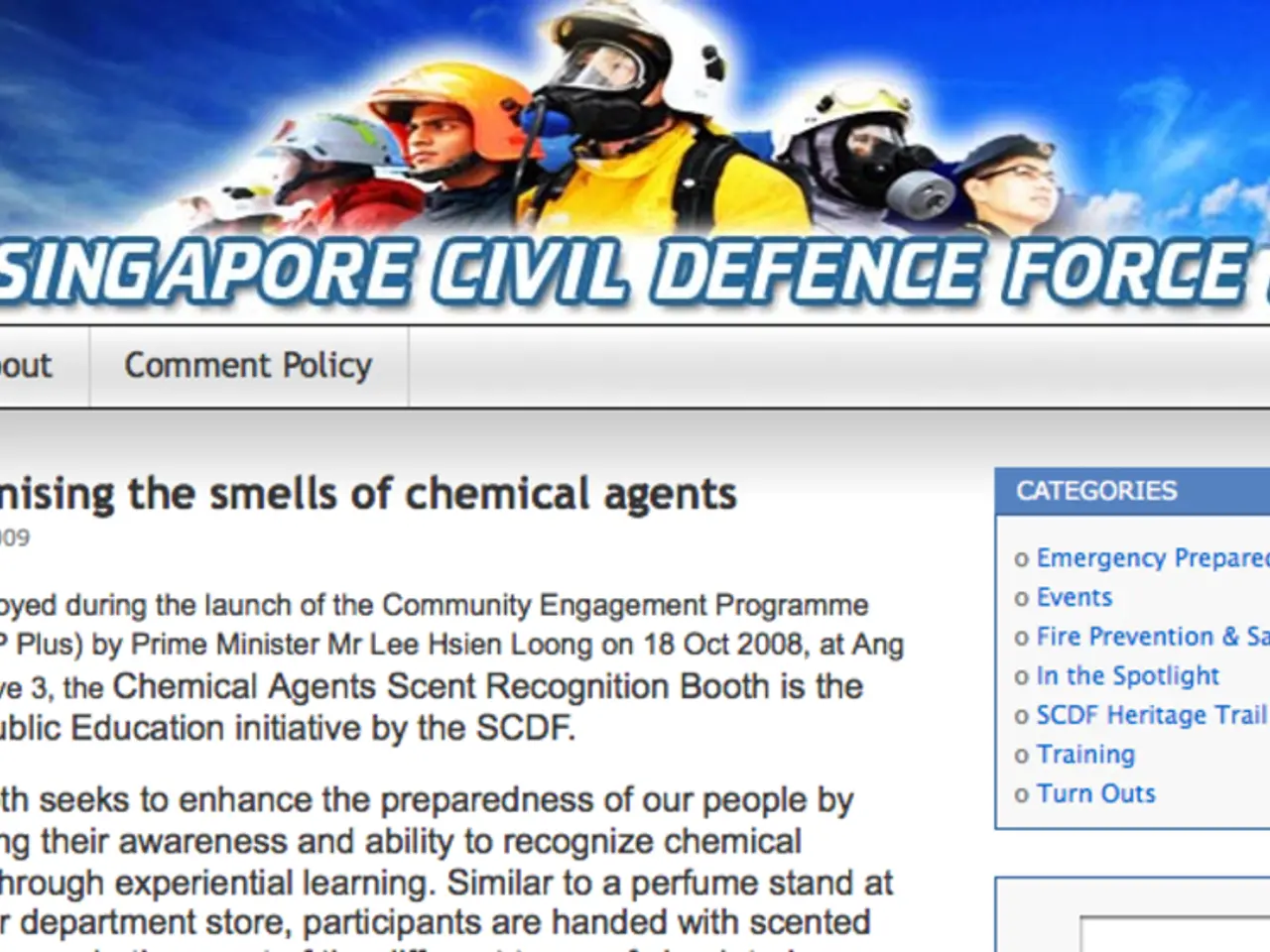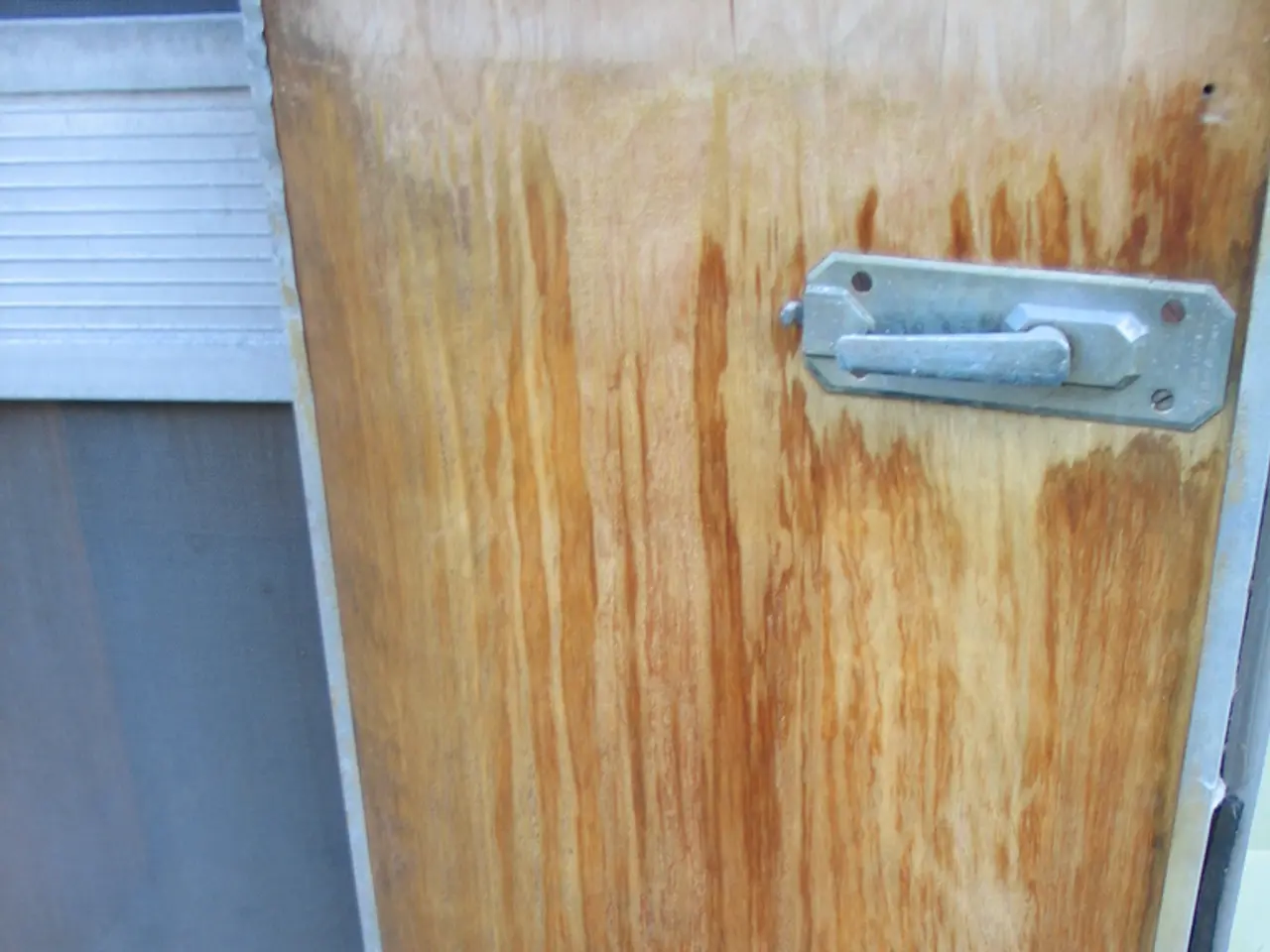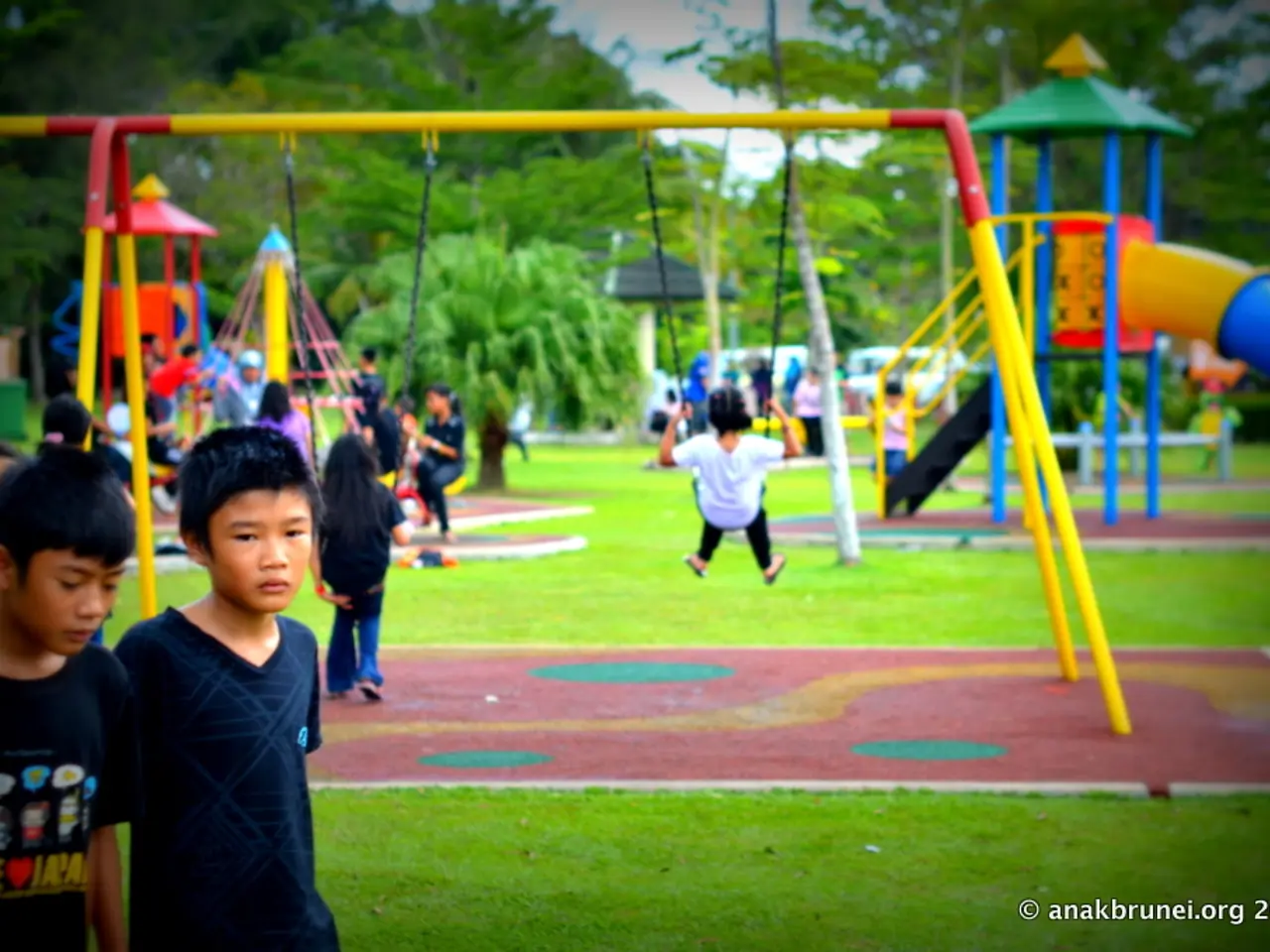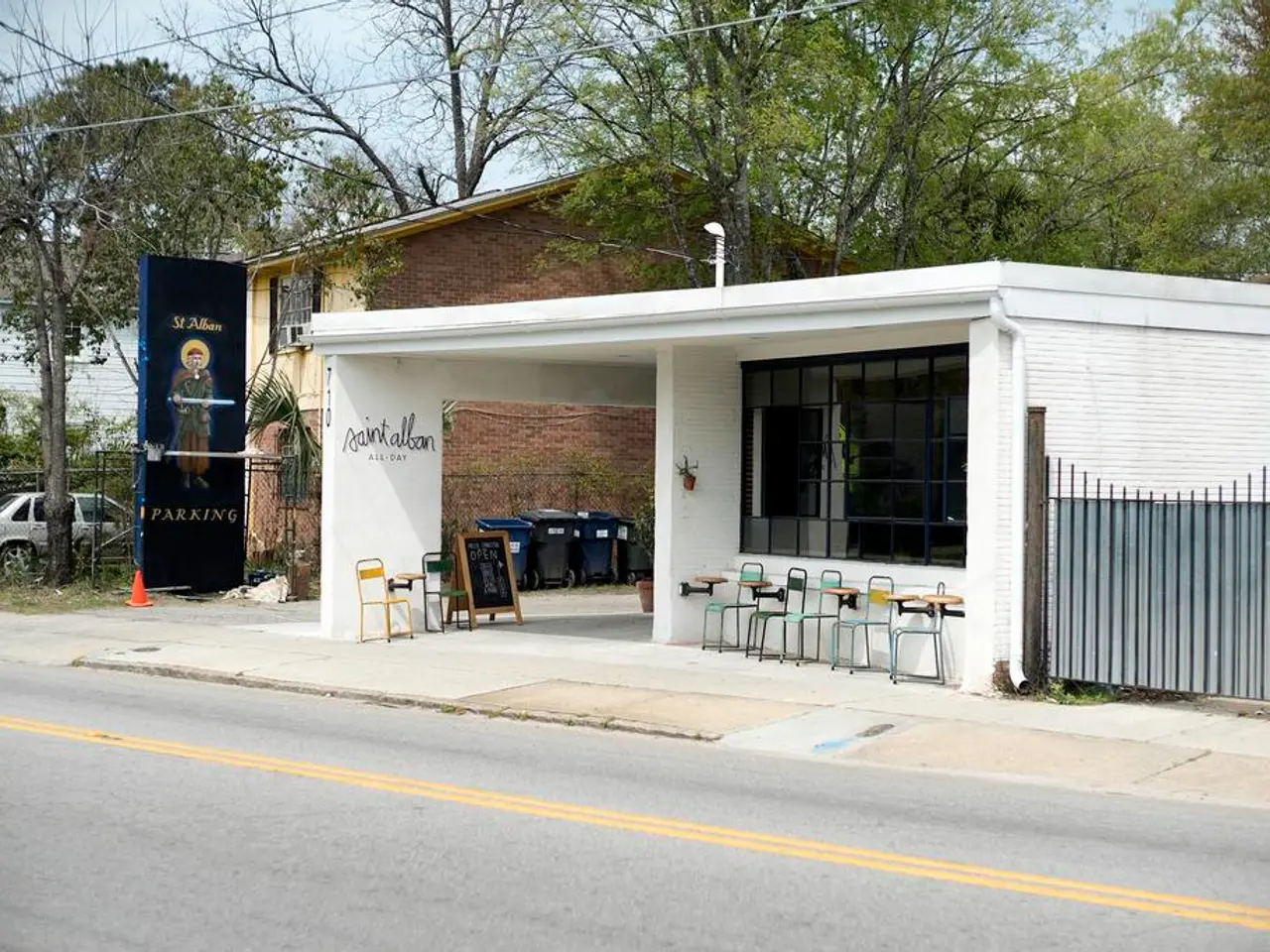Upload breathtaking images to the WordPress Image Library
Want to make your photos visually compelling, ready for downloads, and suitable for the WordPress Photo Directory? Here's a guide to help you achieve that.
CC0 Licensing
First and foremost, ensure your photos are free of copyright restrictions. All photos submitted to the WordPress Photo Directory must be licensed under CC0. This means you waive all rights and allow unrestricted use by others.
Composition
The rule of thirds, leading lines, and balanced framing can create visually engaging photos. Consider your subject's placement carefully to guide viewer attention. Aim for simplicity and avoid cluttered backgrounds to keep the subject clear and appealing.
Lighting
Shoot in natural light where possible, preferably during the golden hours (just after sunrise or before sunset) for warm, soft lighting. Avoid harsh shadows or overexposure; use reflectors or diffusers if needed to soften light on the subject.
Focus and Sharpness
Ensure your subject is in crisp focus with a clear focal point. Use a tripod or image stabilization to prevent motion blur. Use appropriate aperture settings for depth of field to isolate subjects or create background blur that enhances focus.
Authentic Moments
Capture genuine emotions, natural poses, or candid scenes to add life and relatability to your photos. Avoid overly staged shots.
Editing
Edit photos moderately: adjust exposure, contrast, color balance, and sharpen while avoiding heavy filters that alter the natural appearance. Crop for better composition but retain high resolution and quality.
Resolution and Quality
Submit high-resolution images that maintain detail and clarity when viewed or downloaded. Avoid compression artifacts and noise by exporting in appropriate formats and quality settings.
Backgrounds
Use simple, uncluttered backgrounds that complement rather than distract from the subject. Solid colors, natural settings, or blurred backgrounds work well.
Color and Contrast
Use vibrant but natural colors with balanced contrast to make photos pop without appearing artificial. Adjust saturation carefully to enhance mood and appeal.
Keywords and Descriptions
Add relevant, descriptive keywords and clear descriptions to increase discoverability and usability in the directory. Mention subject, location, mood, and important elements for better search results.
Consistency
Maintain a consistent style or theme across your submissions to build recognition and provide coherent visual storytelling.
By following these steps, your photos will fit the WordPress Photo Directory requirements and attract more downloads by users seeking high-quality, free-to-use imagery.
For technical steps on submitting, see WordPress’s guidelines on photo licensing and upload processes themselves to comply fully with their standards.
Additional Tips
- Build a themed collection: Think in sets to create a series of images that tell a story, which get downloaded more often and can appear in curated galleries.
- Colour harmony: Use colour deliberately to create emotion, mood, or contrast in a photo.
- Declutter the scene: Remove anything that doesn't serve the story or subject in a photo.
- Use negative space: Negative space adds breathing room and directs focus, helpful for designers who might want to add text or graphics.
- Contrast adjustments: Slight tweaks to contrast can help define shapes and make the subject pop, while maintaining natural skin tones.
- Style consistency: Develop a consistent style to make your work memorable and help build your reputation.
- Detailed descriptions: Go beyond one-line captions and describe the setting, subject, mood, and context of the image.
- Relevant keywords: Include nouns, adjectives, and conceptual terms in image descriptions to make them easier to find.
- File format: Use JPEG for its balance of quality and compatibility, saved at high quality, and avoid over-compressing.
- Resolution matters: Shoot in the highest quality your device allows, with minimum recommended dimensions of at least 2000 pixels on the long edge.
Incorporate the principles of home-and-garden aesthetics in your photo composition to capture visually engaging scenes. This can include uncluttered backgrounds, such as simple, natural settings, or images with a harmonious color scheme that complements the subject.
To maintain consistency and build recognition, develop a signature style across your photos, much like how one decorates a home with a coherent theme.




